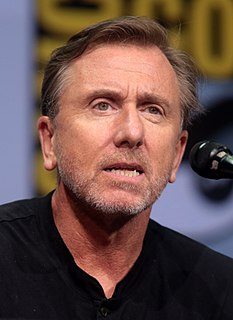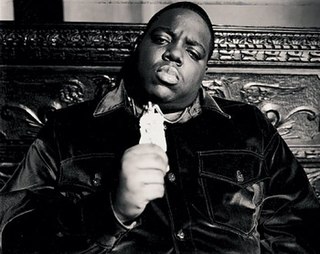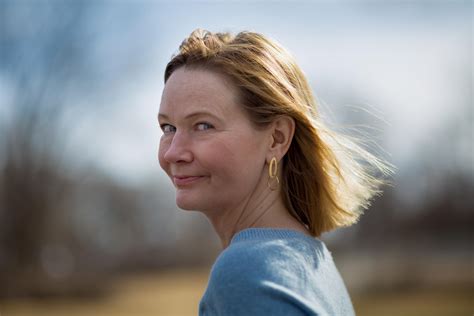A Quote by Elizabeth George
I really liked the idea of creating a journal myself. It's like the way I clear my throat. I write a page every day, maybe 500 words. It could be about something I'm specifically worried about in the new novel; it could be a question I want answered; it could be something that's going on in my personal life. I just use it as an exercise.
Related Quotes
I could write all songs all day long about what I think about the music industry or music in general. Sometimes I gotta be like, "Let's write about something else." You don't want to say the same thing over and over again. In a lot of ways, I look at records as a year or two of my life encapsulated in songs. They're almost like journal entries.
I am careful about fiction. A novel is not a tract or an essay. If I want to write about land reforms, or Hindu-Muslim relations, or position of women, I can do it as it affects my characters as in 'A Suitable Boy.' I could only write about issues specifically through essays. But I'll do that only if I have something worthwhile to say.
When something arrives, you have no idea what's in it, which is good. And then, it's is the story leaps off the page at you and how your character functions within it. There could be just one scene and if it's wonderful, it doesn't matter how much you're working on it because you just want to be in it. It's really about what your character's day to day world looks like, and if you feel like that's something that's complete, and that you'd like to inhabit for awhile. You'll know by a couple of scenes in. If the character grabs you, you run with it.
I'll think about something else. I'll just sit quietly. If I could sit still. If I could sit still, maybe I could read. Oh, all the books are about people who love each other, truly and sweetly. What do they want to write about that for? Don't they know it isn't true? Don't they know it's a lie, it's a God-damned lie? What do they have to tell about that for, when they know how it hurts?
More than anything, the journal wanted. It wanted more than it could hold, more than words could describe, more than diagrams could illustrate. Longing burst from the pages, in every frantic line and every hectic sketch and every dark-printed definition. There was something pained and melancholy about it.
I wondered why it had to be so poisonous. Oleanders could live through anything, they could stand heat, drought, neglect, and put out thousands of waxy blooms. So what did they need poison for? Couldn't they just be bitter? They weren't like rattlesnakes, they didn't even eat what they killed. The way she boiled it down, distilled it, like her hatred. Maybe it was a poison in the soil, something about L.A., the hatred, the callousness, something we didn't want to think about, that the plant concentrated in its tissues. Maybe it wasn't a source of poison, but just another victim.
The age of the book is not over. No way... But maybe the age of some books is over. People say to me sometimes 'Steve, are you ever going to write a straight novel, a serious novel' and by that they mean a novel about college professors who are having impotence problems or something like that. And I have to say those things just don't interest me. Why? I don't know. But it took me about twenty years to get over that question, and not be kind of ashamed about what I do, of the books I write.
I think Grace [Dunham] and I are always working from a personal place, and the fact that these were issues that we'd been talking about in our own families really clicked, but also Jason's [Benjamin] passion about it and his clear sense that this was going to be something emotional and remarkable to watch. It was very hard not get excited about it and want to help in any way we could.
I became much more interested in plot when I really didn't consider myself a writer anymore. When I was in an art context and I started to do installations, that was when writing of mine almost returned to fiction. Earlier I felt like I didn't have anything to write about, I could only concentrate on the page, I could only concentrate on words.
To me, every episode is like a song, and every season is like an album. There's that part of the day when you first get the idea and you say, "This could be really funny." And you sit down and you write it. There's just something that happens there that doesn't happen when you really give it a lot of time beforehand.
I know that sometimes when you are really worried about something, it ends up not being nearly as bad as you think it will be, and you get to be relieved that you were just being silly, worrying so much over nothing. But sometimes it is just the opposite. It can happen that whatever you are worried about will be even worse than you could have possibly imagined, and you find that you were right to be worried, and even that, maybe, you weren't worried enough.


































